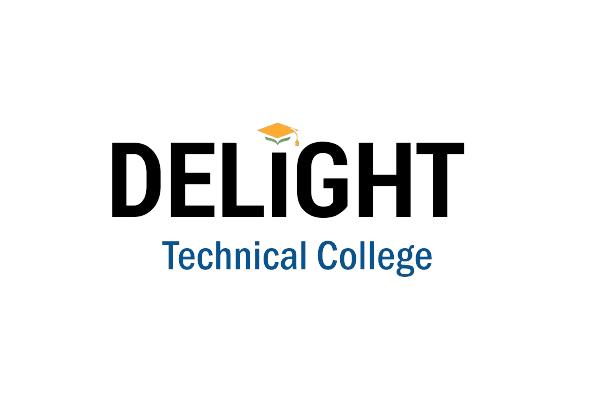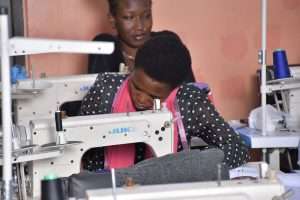Film Production: Creating Stories for the Screen

Film Production is the art and science of turning ideas into motion pictures — from short films and documentaries to feature-length movies and online videos. It brings together creativity, storytelling, technology, and teamwork to produce visual content that educates, entertains, and inspires.
In a world where videos dominate communication, marketing, entertainment, and education, film production is not just an art — it’s a powerful industry shaping modern culture.
What Is Film Production?
Film production involves every step of making a film — from planning the story and capturing scenes to editing footage and releasing the final product. It covers creative processes like scriptwriting and directing, as well as technical areas like lighting, sound, editing, and camera work.
Every film starts with an idea and becomes a reality through the film production process.
Key Stages of Film Production
- Pre-Production
- Scriptwriting
- Storyboarding
- Casting
- Location scouting
- Budgeting & scheduling
This is where the concept is developed and everything is prepared for shooting.
- Production
- Filming scenes with cameras and microphones
- Directing actors
- Managing lighting and set design
This is the “shooting phase” — the heart of filmmaking.
- Post-Production
- Video editing
- Sound design and music scoring
- Adding visual effects and color grading
- Finalizing the film for release
Here, raw footage is shaped into a polished and complete story.
Skills Taught in Film Production Programs
Students in a film production course learn both creative and technical skills, such as:
- Screenwriting and storytelling
- Camera operation and cinematography
- Lighting for film
- Directing techniques
- Audio recording and sound design
- Video editing using tools like Adobe Premiere Pro or DaVinci Resolve
- Film theory and analysis
- Production management and budgeting
They also learn how to work in a team — a key skill since filmmaking is a collaborative process.
Tools & Equipment Used
- Digital cameras (DSLR, mirrorless, or cinema cameras)
- Tripods, gimbals, sliders, and stabilizers
- Lighting kits (softboxes, LED panels, reflectors)
- Audio gear (boom mics, lavaliers, recorders)
- Editing software (Adobe Premiere Pro, Final Cut Pro, DaVinci Resolve)
- Green screens and basic VFX tools
With even basic equipment, filmmakers today can create high-quality content for YouTube, film festivals, social media, or commercial projects.
Career Opportunities in Film Production
A course in film production opens doors to a variety of exciting careers, including:
- Director
- Cinematographer (Director of Photography)
- Video Editor
- Screenwriter
- Producer
- Sound Designer
- Lighting Technician
- Documentary Filmmaker
- YouTube Creator / Digital Content Producer
- Film Festival Coordinator
Many film graduates also become freelancers or start their own production companies, offering services for weddings, ads, music videos, and more.
Why Study Film Production?
- 🎥 Creative Freedom – Tell stories that matter in your own unique style
- 🌍 Global Impact – Share ideas, culture, and experiences through powerful visuals
- 💼 Professional Skills – Gain hands-on experience in a growing digital media industry
- 📱 Content Demand – The rise of YouTube, TikTok, Netflix, and online learning has increased demand for video creators
- 💡 Entrepreneurship – Start your own brand, production company, or digital channel
Conclusion
Film Production is more than just recording video — it’s about crafting emotions, building stories, and creating experiences. Whether you’re filming a short documentary, a music video, or a full-length film, the skills learned in film production prepare you to thrive in today’s creative industries.
At institutions like Delight Technical College, students are empowered to become the next generation of filmmakers, content creators, and visual storytellers — ready to make their mark on screens big and small.



